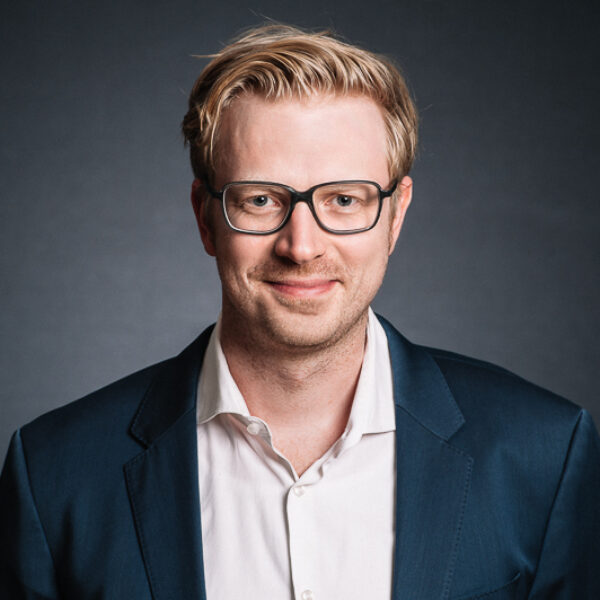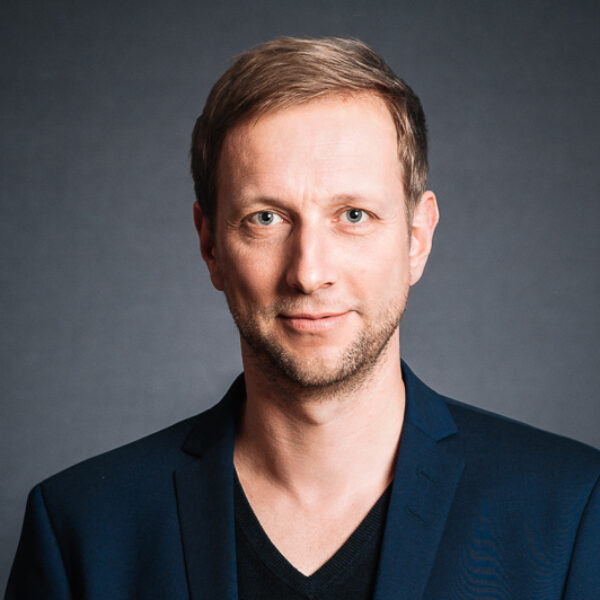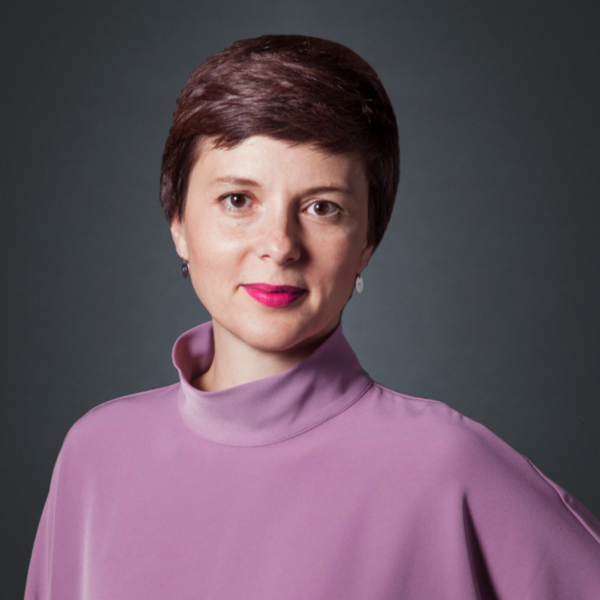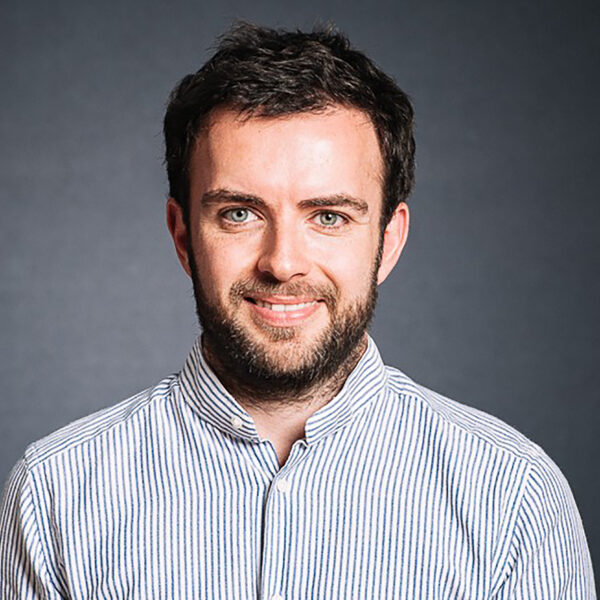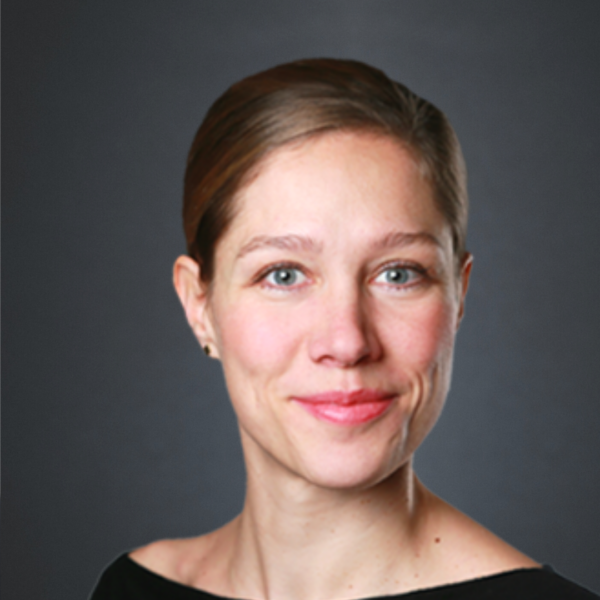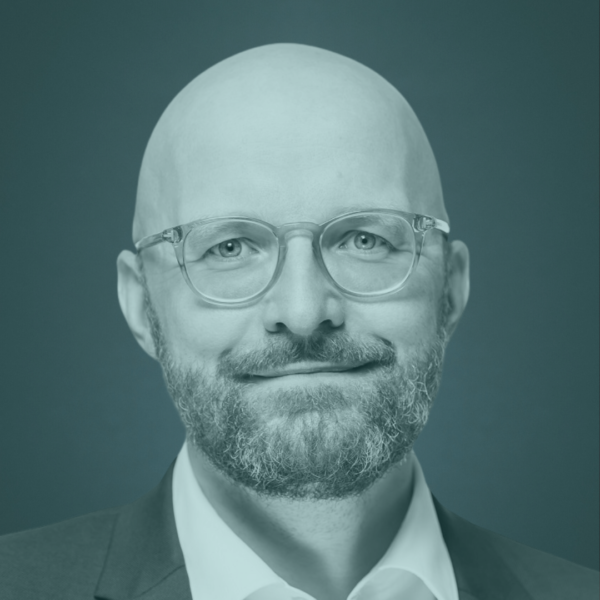Summary
After 16 years of watching and waiting, and in the face of enormous expectations, a new coalition government must quickly launch a new political era with a clear focus on the future.
In the new position paper “Full Speed Ahead: Progress in 2022+”, experts at Das Progressive Zentrum define the criteria for current progressive politics in Germany and detail the core components of a social-green-liberal narrative of unity.
SPD, Greens und FDP as parties of progress
Despite all of their differences, the coalition partners are united by their focus on progress in its various facets, and by the idea of liberal, enabling, dynamic, renewal-oriented and forward-looking politics.
The guiding formula for this social-green-liberal renewal can be a contemporary interpretation of the concept of freedom as a central component of a modern liberalism, that is, a regulative or “embedding” liberalism.
The traffic light parties (the red SPD, the green Greens, and the yellow FDP, the colors together forming a traffic light) will have to formulate shared political goals on the basis of a new common self-image and embed them in a coherent narrative. To this end, the authors of the position paper regard a transformation that includes all parts of society as an appropriate objective.
The three I’s: Innovation, Investment and Integration
Following the ideas of Wolfgang Schroeder, we propose to place the concepts of “innovation”, “investment” and “integration” – in short, the three I’s – at the heart of this endeavour.
Innovation
The new government must be a government of innovation that promotes technical innovations, leads by example and reforms the state itself. Accordingly, the debate between “more” and “less” state needs to be resolved – it should first and foremost focus on the question of the better, the faster, the social and the collaborative state.
- The culture of administration and digitalisation as important leverage to shape a socially acceptable form of climate policy
- Establishment of an international climate club (of the willing) and proposals to support countries in the global south on the path to climate neutrality
- Voting rights from the age of 16, an advisory council for future-related matters or an ombudsperson for future generations
Investments
Policies of innovation and renewal are only possible with massive investments: on the one hand, in the infrastructure that delivers the fundamental services that form the “basis of quality of life for all”; on the other hand, in an infrastructure for climate-neutral and environmentally sound economic activity. The goal must be to achieve equal living conditions in cities and rural areas.
- Increasing the financial leeway of the municipalities, for instance, by reforming tax splitting, introducing bonus systems with social and economic indicators, or taking over old debts of structurally weak regions
- Giving citizens on the ground more influence and a greater say by granting more direct influence in the form of committees that have the right to make proposals and which represent broad sections of regional society
- Investments in broadband and mobile phone networks, the infrastructure of charging points for electric vehicles, energy and power grids, fast and reactivated railway lines, and in networked forms of mobility
Integration
Today, Germany’s future will not any longer be solely determined by economic issues significantly linked to the combating of the climate crisis – but will also be determined by ensuring that political reforms do not divide society even further. Economic success, social cohesion, ecological politics, individual freedom – all these goals can only be reached if there is trust within society, if we push back against discrimination and racism, if we are open to different kinds of personal backgrounds and – on this foundation – if we discuss and accept shared ground rules.
- The welfare state must be scrutinised in terms of its financing, access, infrastructure and benefits, particularly regarding the pensions system, the labour market, and in terms of the care and health sectors.
- The introduction of the so-called equity pension scheme could be the herald of a paradigm shift that will bring dividends in the future.
- Commitment to anti-discrimination measures and a liberal immigration law as well as a new concept of family that takes into account the diversity in German society
A coalition that can make a difference
If we want to live in comfort and security tomorrow, we must get things moving today: people in Germany are ready to dare a new beginning that they have long known is necessary and right. What is needed is progress with a sense of proportion and pragmatism. If the progressive coalition is successful in this regard, it could become an alliance for the new beginning:
- as a coalition for innovation
- as a coalition for effective climate policy and protection of biodiversity
- as a coalition for a modern state
- as a coalition committed to helping the disadvantaged
- as a coalition of an open-minded society
- as a coalition of recognition and participation
- as a coalition that understands itself as player and beacon in the international arena
The decisive factor will be if change is achieved with discursive and respectful cooperation, instead of with the implementation of a technocratic strategy. If the new coalition government can do so – and at a rapid pace – they will not only be able to win future elections, but also strengthen the trust in the State’s ability to act as well as in democracy.
Authors
The Disregarded
Democratising Democracy: No Transformation without Democratisation
The Strategic Value of Visions: Lessons from Innocracy 2020 and outlook on this year’s conference
Democracy Lab Final Report
The Majority is Convinced: New German Administration is Future-Oriented
Shaping Progress
No Backlash, No Retreat
Onwards and Upwards
The Disregarded
Talking Progress: Germany’s Political Turning Point
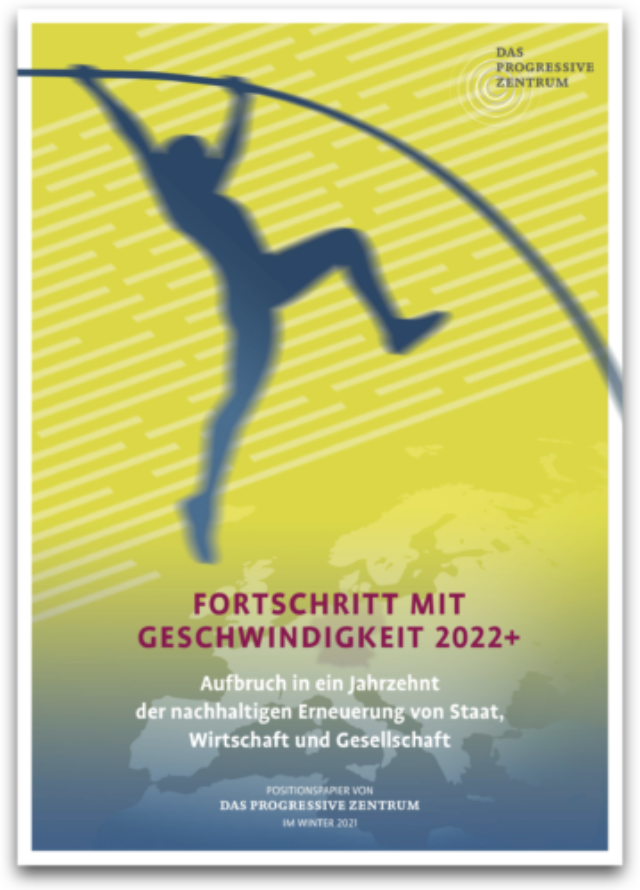
Content

We develop and debate progressive ideas and bring together leading actors who turn thoughts into action. Our think tank’s goal: making the just transformation a reality. ▸ Learn more


